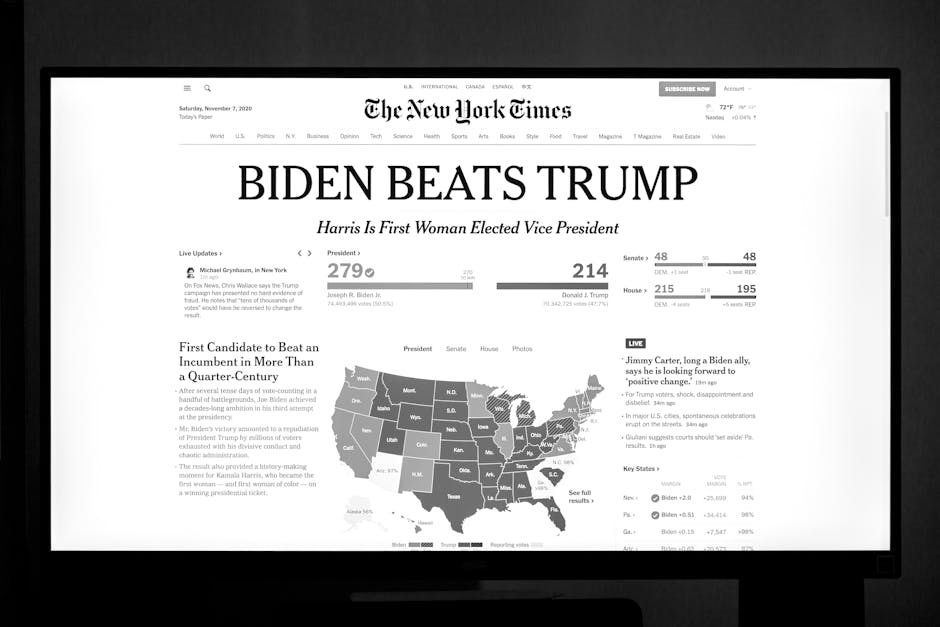The Biden Presidency: A Timeline of Key Events
President Joe Biden’s administration has been marked by a series of significant policy initiatives and events, both domestically and internationally. From tackling the COVID-19 pandemic to addressing climate change and infrastructure, his presidency has been a period of substantial change and challenge. This comprehensive overview will delve into key moments, policies, and criticisms that have shaped his time in office.
Early Days and the COVID-19 Response
Upon assuming office in January 2021, President Biden faced the immediate challenge of combating the ongoing COVID-19 pandemic. His administration implemented a nationwide vaccination program, aiming to achieve herd immunity. This involved significant logistical efforts, including establishing vaccination centers, distributing vaccines across the country, and addressing vaccine hesitancy through public health campaigns. The early success of the vaccination rollout was a significant accomplishment, but the emergence of new variants and the uneven distribution of vaccines globally presented ongoing hurdles. The economic impact of the pandemic also remained a major concern, leading to the passage of significant economic stimulus packages.
The American Rescue Plan and Economic Recovery
One of the Biden administration’s landmark achievements was the passage of the American Rescue Plan, a $1.9 trillion economic stimulus package designed to mitigate the economic fallout from the COVID-19 pandemic. The plan included direct payments to individuals, enhanced unemployment benefits, and funding for state and local governments. While the plan helped boost economic recovery and provided immediate relief to millions of Americans, it also faced criticism for its potential impact on inflation and the national debt.
Infrastructure Investment and the Bipartisan Infrastructure Law
A key focus of the Biden administration has been infrastructure improvement. After months of negotiations, the Bipartisan Infrastructure Law was signed into law, marking a significant bipartisan achievement. This law allocates billions of dollars towards upgrading roads, bridges, public transportation, broadband internet access, and the electric grid. The long-term impact of this investment is expected to be substantial, creating jobs, improving infrastructure, and boosting economic growth. However, the implementation and execution of these projects will require careful management and coordination.
Climate Change Initiatives and Environmental Policy
President Biden has made tackling climate change a central pillar of his agenda. He rejoined the Paris Agreement on climate change, reversing the Trump administration’s withdrawal. The administration has also implemented various policies aimed at reducing greenhouse gas emissions, promoting renewable energy, and investing in clean energy technologies. These initiatives have faced both support and opposition, with debates surrounding the economic implications of transitioning away from fossil fuels and the balance between environmental protection and economic growth.
Foreign Policy and International Relations
The Biden administration’s foreign policy has focused on restoring alliances and strengthening international partnerships after the Trump era. The administration has sought to re-engage with international organizations and multilateral agreements, emphasizing diplomacy and cooperation. However, challenges remain, including tensions with China, the ongoing conflict in Ukraine, and the complexities of navigating global power dynamics. The withdrawal of troops from Afghanistan also generated considerable debate and scrutiny, highlighting the challenges of foreign policy decision-making.
Social Justice and Civil Rights
President Biden has emphasized social justice and civil rights as priorities during his presidency. His administration has taken action to address issues of racial inequality, police reform, and voting rights. However, progress on these fronts has faced significant political hurdles and opposition, resulting in ongoing debates and legislative challenges. The Supreme Court’s decision overturning Roe v. Wade also generated significant controversy and highlighted the ongoing struggle for reproductive rights.
Judicial Appointments and Supreme Court Nominations
The appointment of judges at all levels of the federal judiciary has been a significant aspect of the Biden presidency. The administration has worked to nominate and confirm judges who reflect the diversity of the nation and align with its judicial philosophy. The Supreme Court has also seen significant shifts in its composition during this period, impacting the court’s future decisions on a range of crucial issues.
Economic Performance and Inflation
The economic performance under President Biden has been a subject of ongoing discussion and analysis. While job growth has been positive, inflation has also risen significantly, presenting a challenge for the administration. The causes of inflation are complex and debated, but factors such as supply chain disruptions, increased demand, and the impact of the war in Ukraine have all played a role. The administration’s response to inflation has involved various economic policies and measures aimed at stabilizing prices and promoting sustainable economic growth.
Political Landscape and Public Opinion
President Biden’s approval ratings have fluctuated throughout his presidency, reflecting the challenges and complexities of governing in a highly polarized political environment. Public opinion on his various policies and initiatives has been divided, with strong opinions on either side of the political spectrum. The upcoming midterm elections and future political developments will undoubtedly shape the trajectory of his presidency and its legacy.
Challenges and Criticisms
The Biden administration has faced numerous challenges and criticisms throughout its tenure. These include concerns about inflation, the withdrawal from Afghanistan, and the ongoing debate surrounding the future of American healthcare. Critics have also raised questions about the administration’s handling of the southern border crisis and its approach to addressing systemic inequalities. Addressing these challenges effectively will be crucial to shaping the narrative of his presidency.
Looking Ahead
The remainder of President Biden’s term in office will likely be defined by the ongoing challenges and opportunities facing the nation. The outcome of future elections, economic conditions, and developments in foreign policy will all play a role in shaping his legacy. Understanding the current political climate, economic indicators, and public opinion will be key to analyzing the final years of his administration.

